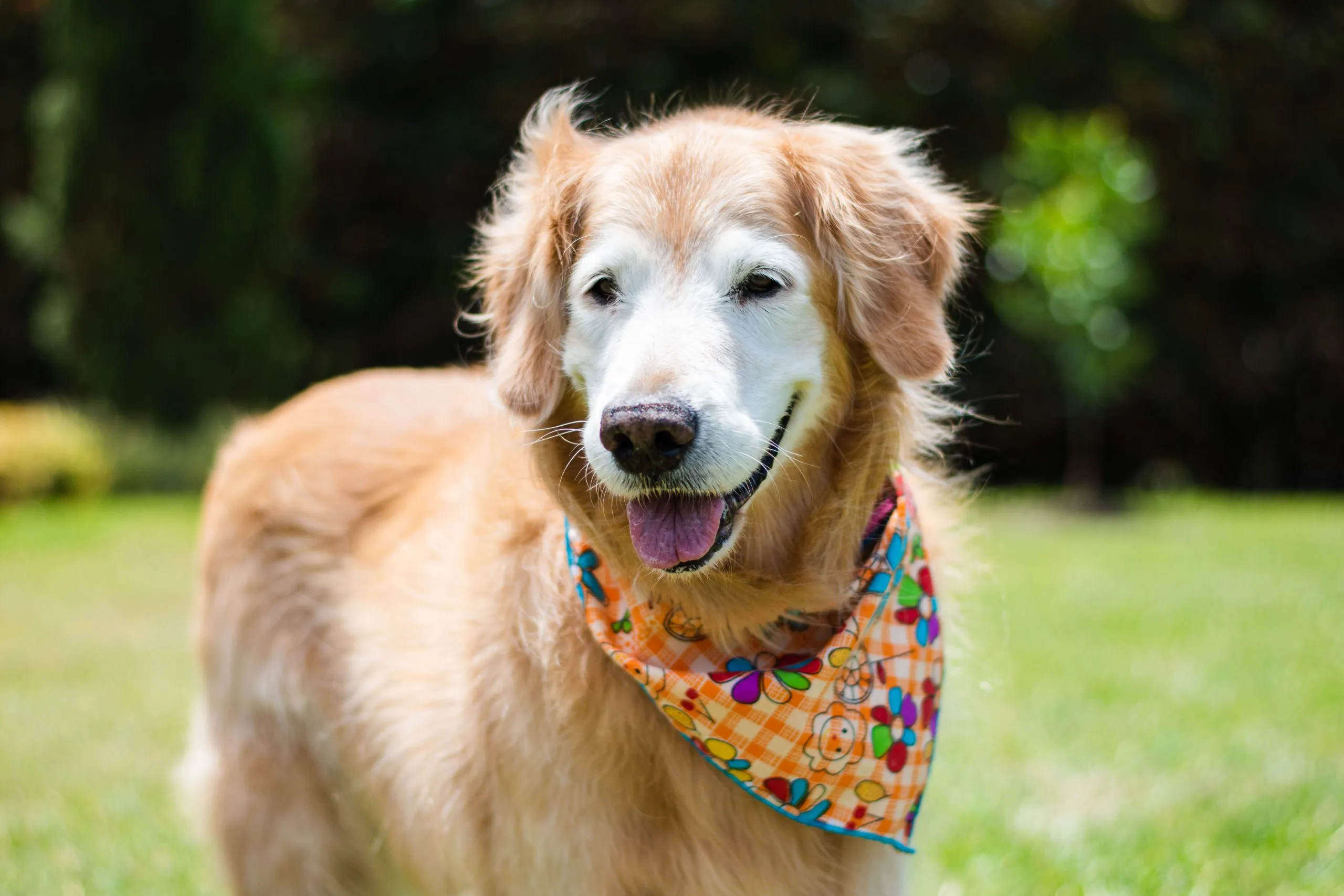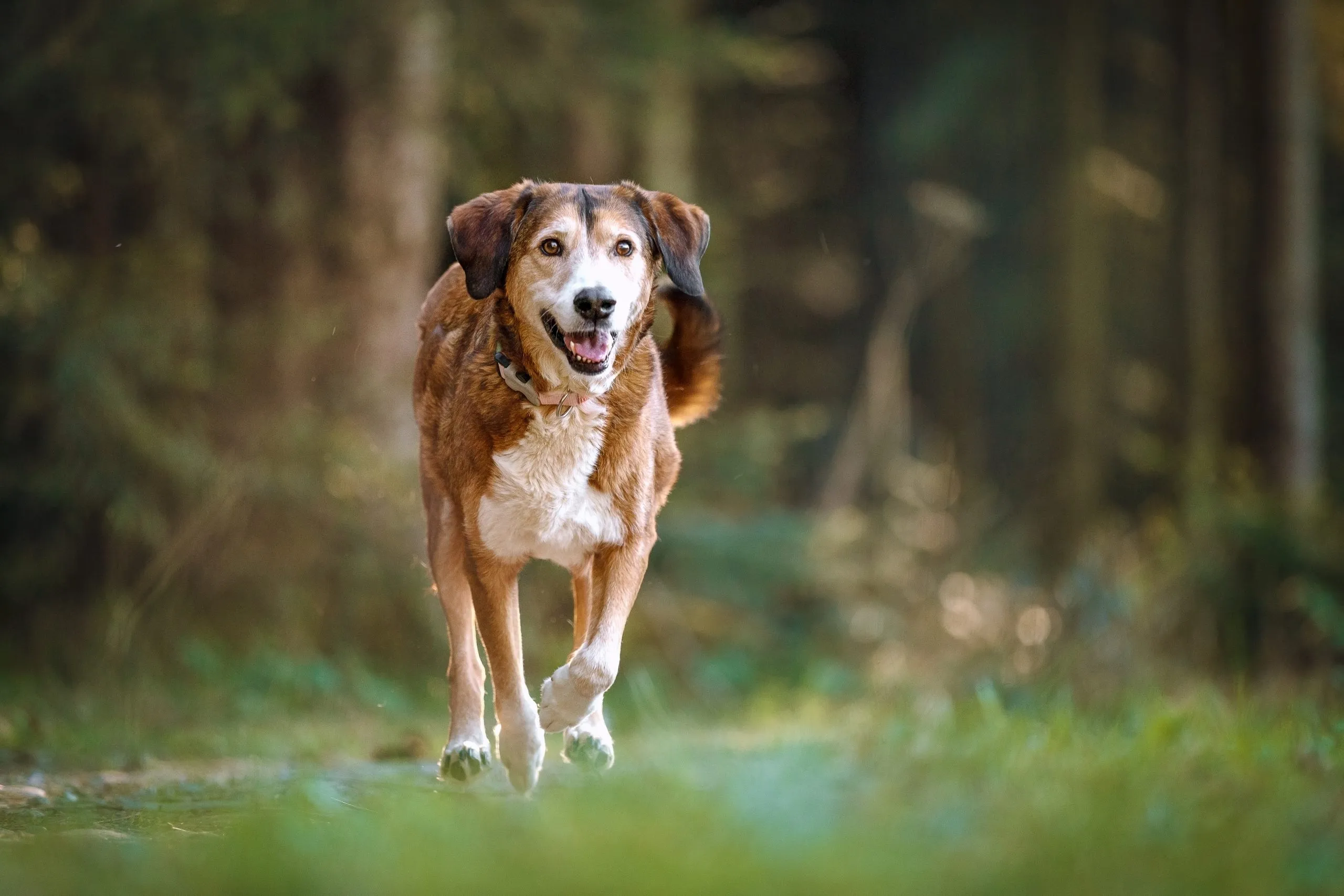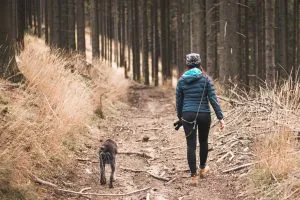Adopting a pet is a deeply rewarding experience, often centered around the excitement of bringing a young, playful puppy or kitten into your home. However, many wonderful senior dogs and cats are waiting for their forever families, often overlooked in shelters. Age is merely a number when it comes to companionship, and embracing the opportunity to adopt an older dog can bring immense joy and fulfillment. If you’re Older Dog Adoption Near Me, this guide will help you understand the unique benefits and considerations.
Many people are drawn to the idea of a young pet, but senior animals possess a charm and quiet wisdom that is truly special. Senior dogs can be just as enthusiastic about walks and adventures as their younger counterparts, and older cats can offer just as much affection and playful interaction. As we celebrate moments like Adopt a Senior Pet Month, it’s the perfect time to consider opening your heart and home to a sweet-faced, experienced companion. We’ve gathered insights to help you understand why adopting a senior dog is an excellent choice.
The Unmatched Benefits of Adopting a Senior Dog
One of the most significant advantages of welcoming an older dog into your life is that they often come with a solid foundation of training. Most senior dogs are already housebroken, and many are proficient leash walkers. “Typically, when you’re adopting an older dog, the likelihood is that they are more accustomed to living in a home setting and can settle in a little bit quicker than a puppy or a kitten could,” shares an expert. This makes adopting a senior dog particularly beneficial for first-time pet owners or those seeking a calmer transition into pet parenthood, as it requires little to no basic training.
 Bringing an older animal into your home is also profoundly rewarding. The transition from a familiar family environment to a shelter can be incredibly stressful for animals. The act of rescuing a dog from a shelter and restoring them to a stable, loving home environment is an unparalleled feeling. There’s truly nothing quite like cuddling with a warm, contented companion who knows they are cherished and cared for. “Senior pets get overlooked so often,” they note. “It’s a lot more fulfilling to provide an older animal that might not get adopted as quickly with relief from being in a shelter and get them back into a home.” They often seem to express a deep appreciation for their second chance at life.
Bringing an older animal into your home is also profoundly rewarding. The transition from a familiar family environment to a shelter can be incredibly stressful for animals. The act of rescuing a dog from a shelter and restoring them to a stable, loving home environment is an unparalleled feeling. There’s truly nothing quite like cuddling with a warm, contented companion who knows they are cherished and cared for. “Senior pets get overlooked so often,” they note. “It’s a lot more fulfilling to provide an older animal that might not get adopted as quickly with relief from being in a shelter and get them back into a home.” They often seem to express a deep appreciation for their second chance at life.
Dispelling Misconceptions About Adopting Older Animals
Several common myths surround senior pets, leading potential adopters to shy away from them. One prevalent misconception is that you might be inheriting another family’s “problem pet.” This couldn’t be further from the truth. While there are various reasons why owners may part with their pets, with senior animals, it’s frequently due to circumstances beyond the pet’s control, such as an owner’s illness, job loss, or passing.
Other widespread misconceptions about senior dogs include:
- High vet bills: This is a myth; veterinary costs can vary for pets of any age and depend on individual health needs.
- Senior animals aren’t trainable: As previously mentioned, most senior dogs are already well-trained in basic commands and house manners.
- Older pets aren’t as playful: This is often untrue. Many active seniors can keep up with even the most energetic younger dogs.
 Perhaps one of the most heartbreaking myths is the belief that you’ll have less time with a senior pet. “I’ve heard many people say, ‘Oh, I don’t think I could do it. It’s so heartbreaking because senior pets aren’t around as long as young animals,”‘ a professional shared. “People don’t like the idea of preparing for that heartbreak in such a short amount of time.” However, life’s unpredictability means there are no guarantees for pets of any age. The most positive perspective is to focus on the incredible gift you’re giving: “You’re helping to save a life – and because of you, that dog is going to have a loving family and, ultimately, a happy retirement.”
Perhaps one of the most heartbreaking myths is the belief that you’ll have less time with a senior pet. “I’ve heard many people say, ‘Oh, I don’t think I could do it. It’s so heartbreaking because senior pets aren’t around as long as young animals,”‘ a professional shared. “People don’t like the idea of preparing for that heartbreak in such a short amount of time.” However, life’s unpredictability means there are no guarantees for pets of any age. The most positive perspective is to focus on the incredible gift you’re giving: “You’re helping to save a life – and because of you, that dog is going to have a loving family and, ultimately, a happy retirement.”
Potential Challenges of Adopting a Senior Dog
While the rewards are immense, adopting a senior dog, like any pet adoption, comes with considerations. The transition from a familiar home to a shelter, and then to a new family, can sometimes trigger separation anxiety in sensitive dogs. Furthermore, like all animals, older dogs are more susceptible to age-related health issues. “I honestly think the biggest challenge is knowing you’re not going to have as much time with them,” a seasoned professional admitted. “There’s a mental preparation that you have to do when you’re adopting an older or senior pet: you need to realize – and accept – that you’re not going to get as much time with them as you would if you adopted a younger animal.”
Preparing for Your Senior Dog Adoption
 Before you begin your search for older dog adoption near me, consider your lifestyle. Are you an active individual who enjoys daily hikes, or do you prefer a more relaxed pace at home? Understanding your routine is key to finding the right canine companion. “You want to look at the personality of the pet you’re thinking about adopting and making sure that the fit is right for you and your home environment,” they advise. Shelter staff are invaluable resources; they can help match you with a senior dog whose temperament and energy levels align with your lifestyle.
Before you begin your search for older dog adoption near me, consider your lifestyle. Are you an active individual who enjoys daily hikes, or do you prefer a more relaxed pace at home? Understanding your routine is key to finding the right canine companion. “You want to look at the personality of the pet you’re thinking about adopting and making sure that the fit is right for you and your home environment,” they advise. Shelter staff are invaluable resources; they can help match you with a senior dog whose temperament and energy levels align with your lifestyle.
If you already have a resident dog, introducing a new senior dog requires a thoughtful approach. “We always recommend bringing your dog to the shelter and at least doing an introduction here to see how that initial meet goes,” they explained. Even if the initial meeting is positive, proceed with caution once your new dog is home. Provide them with separate spaces and feed them apart initially to allow them to acclimate gradually. “It would be the same with a person,” they noted. “If someone moved into your house tomorrow and you’ve never met them, are you immediately trusting and bonding with them, or do you need some time?”
Keeping Your Senior Dog Healthy and Happy
Your veterinarian is your most crucial partner in ensuring your senior dog thrives. “Discuss maintenance plans. If it’s a dog that might have arthritis, maybe there are supplements you can take ahead of time,” they suggest. You can proactively manage potential health concerns by scheduling regular check-ups and screenings with your vet. These typically include bloodwork, urinalysis, physical examinations, and dental checks.
Regardless of age, consistent exercise remains vital. “An older dog might not need as many walks, but they still need a walk to let them work off excess energy and experience the outdoors, including sniffing the world around them,” they emphasized. Sniffing during walks is particularly important for senior dogs, as a significant portion of a dog’s brain is dedicated to its sense of smell. While their eyesight and hearing may diminish with age, their powerful olfactory senses allow them to process a wealth of information, providing essential mental stimulation.
If you’re looking for an older dog to adopt, remember that finding the right fit is paramount. Whether you’re interested in senior dogs for sale near me or exploring adoption centers, taking the time to understand their needs will lead to a more fulfilling relationship. For those seeking a devoted companion, older dogs needing homes near me represent a wonderful opportunity to provide a loving retirement. And if you’re considering rescue dogs for seniors near me, you’ll find that a senior dog can be the perfect, understanding companion.
Ready to Find Your Senior Dog Companion?
If you’re considering older dog adoption near me, numerous shelters and rescue organizations are dedicated to finding loving homes for senior canines. Exploring options such as older dog adoptions near me will lead you to organizations eager to help you find your perfect match. Remember, adopting an older dog is a compassionate act that offers profound rewards, bringing an experienced and loving companion into your life.
